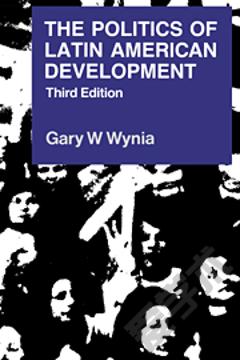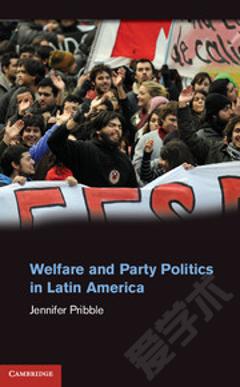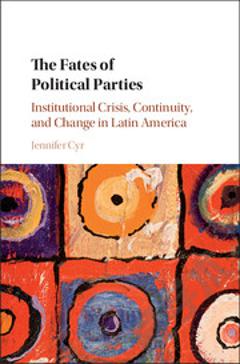From Movements to Parties in Latin America: The Evolution of Ethnic Politics
This book provides a detailed treatment of an important topic that has received no scholarly attention: the surprising transformation of indigenous peoples' movements into viable political parties in the 1990s in four Latin American countries (Bolivia, Colombia, Ecuador, Venezuela) and their failure to succeed in two others (Argentina, Peru). The parties studied are crucial components of major trends in the region. By providing to voters clear programs for governing, and reaching out in particular to under-represented social groups, they have enhanced the quality of democracy and representative government. Based on extensive original research and detailed historical case studies, the book links historical institutional analysis and social movement theory to a study of the political systems in which the new ethnic cleavages emerged. The book concludes with a discussion of the implications for democracy of the emergence of this phenomenon in the context of declining public support for parties.
{{comment.content}}








 京公网安备 11010802027623号
京公网安备 11010802027623号